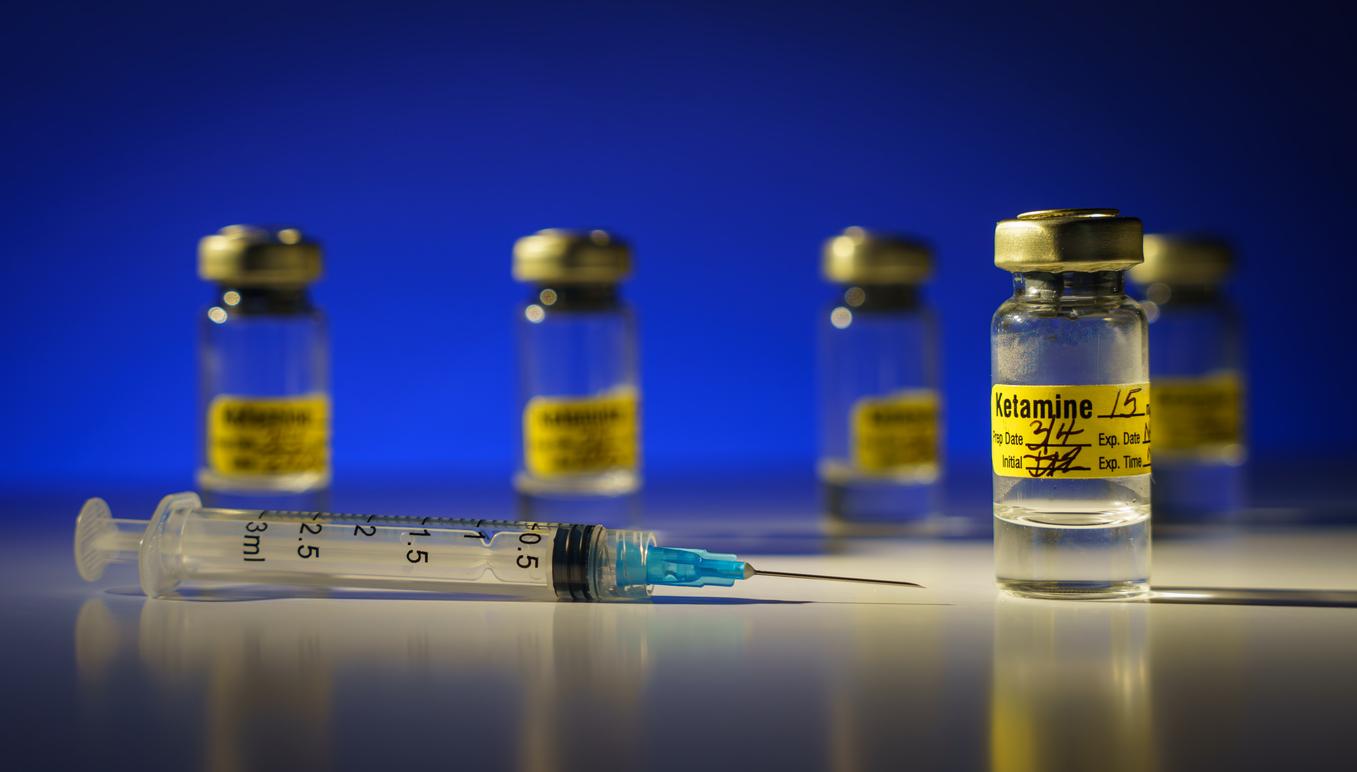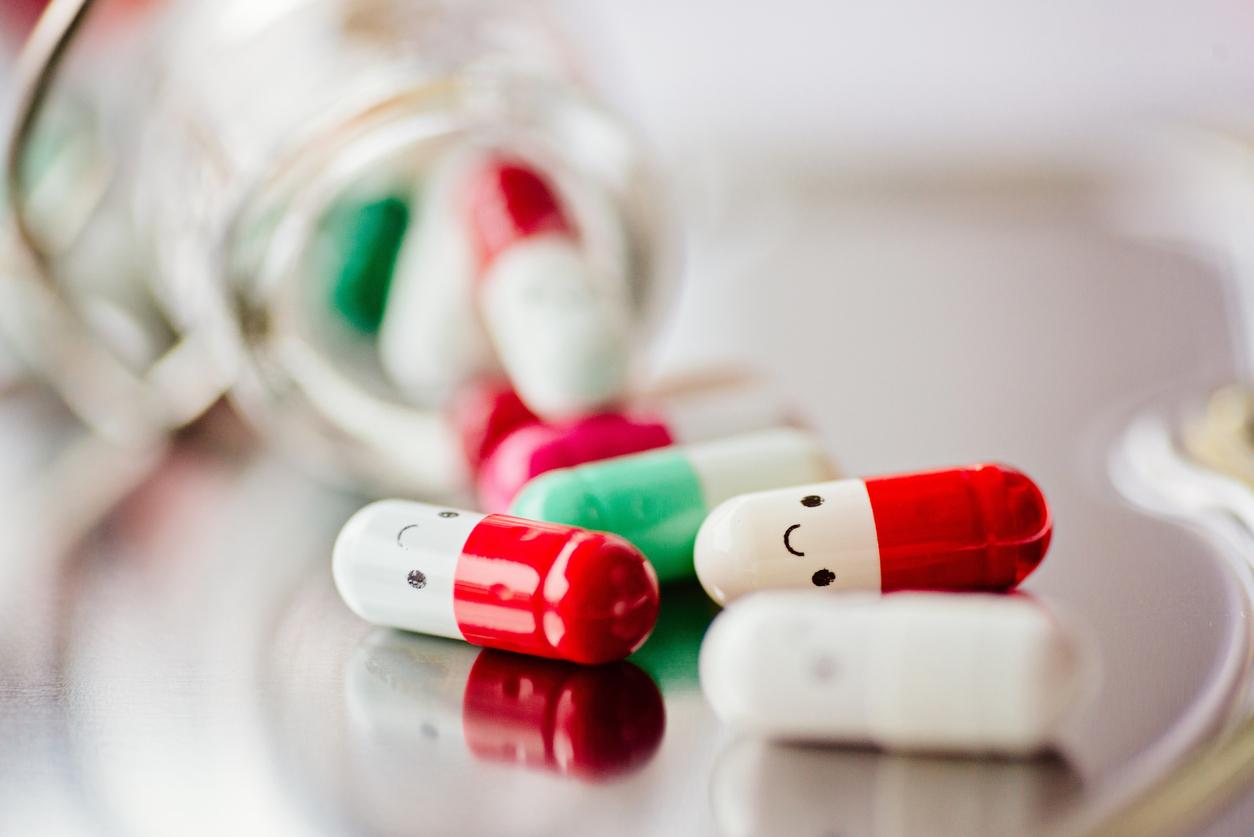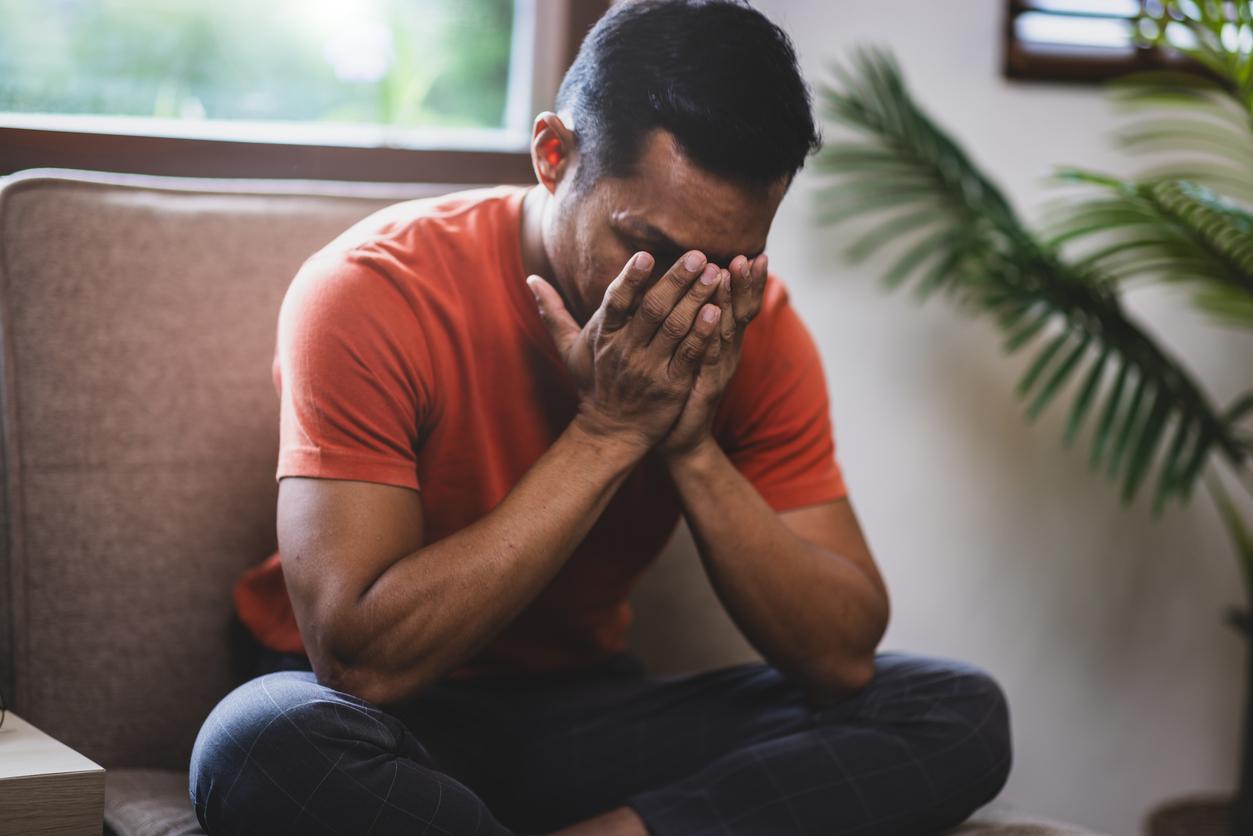American researchers have developed a tool that analyzes people’s facial expressions and language to determine the severity of depression. Eventually, the application could be installed on smartphones.
![]()
Will our smartphone become our doctor in the future? He could in any case become his best assistant. Research conducted at Stanford University in the United States shows that a tool could detect depression on smartphones. The results were published on the website of Cornell University.
An artificial intelligence
The researchers started from an observation: 60% of people with mental illness receive no care. Consulting a psychiatrist can be difficult for some people, hence the importance of developing easy-to-use tools to increase the number of people diagnosed. The scientists relied on technologies already present in smartphones today: facial and voice recognition.
At the same time, they taught an artificial intelligence to detect the signs of depression. Thousands of hours of video interviews of depressed or healthy people have been provided to him. This allowed the machine to understand variations in depression levels through the words used, variations in voice or even facial expressions. In the end, the tool is able to detect depression in 80% of cases. According to the researchers, it would be possible to use the application on any type of smartphone if it is equipped with a camera and a microphone.
The need for follow-up
The smartphone will undoubtedly be able to help make diagnoses in the future, and other teams have shown equivalent results by also using patient movement sensors. But to treat depression, the opinion of a professional will always be necessary. The disease is linked to a dysfunction of the brain and a drug treatment must be put in place to treat it.
It takes between two and four weeks for the treatment to work, it is then continued for a period of a few months. To accompany this, psychotherapy is usually prescribed. Still other studies have shown the value of distance psychotherapy. In France, the number of cases has tended to increase since 2010. Between 15 and 20% of the French population will be affected at least once in their life by depression.

.
















